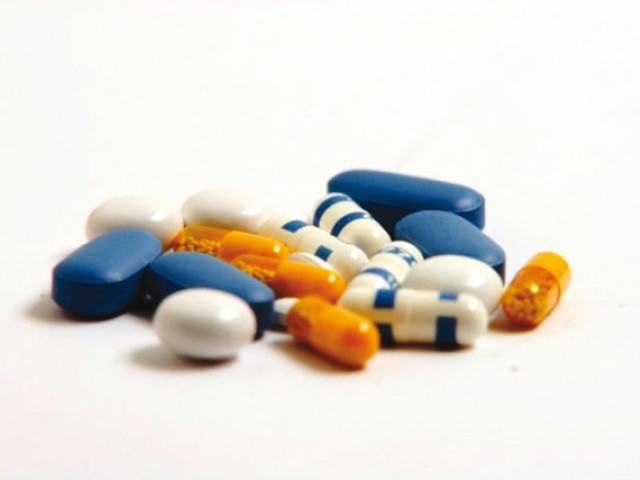Pharma firms caution: Learn from India or prepare for worst
Industry asks govt to introduce a fair drug policy.

For years, the industry has been demanding a fair drug policy for a level playing field, citing India’s pharmaceutical manufacturers as an example. According to reports, the introduction of new medicines in India has come down by over 87% over the last four to five years due to price regulations and policy uncertainty.
“The situation is similar here. In fact, Pakistan has already become an unattractive destination for both domestic as well as multinational pharmaceutical companies,” said a top official of a pharmaceutical company.
In India, 270 new drugs were approved for sale in 2008, whereas the figure dropped to 44 and 35 in 2012 and 2013, respectively. In 2014, only 56 new medicines were approved until November. As a consequence, most of the big pharmaceutical firms have knocked India off their list of key markets.
“Here in Pakistan the same policy issues have made it impossible for the companies to compete at the domestic level,” the official said.
“Our industry cannot survive under the stringent measures taken by the Drug Regulatory Authority during this time of recession. How can we then compete at the international level.”
Pakistan’s pharmaceutical industry with a size of $2 billion and exports valuing $180 million has already lost four top multinationals over the last six years. Johnson & Johnson is the latest which has pulled out of the country.
The reasons are the same as that faced by the Indian industry including strict policy measures, cutting down on margins, no future growth, uncertainty over policies that delays product launch, problems in attracting foreign investment, no new drug approvals and no clinical trials.
“In fact, the situation is worse here. Thousands of applications are pending with the regulatory authority for new drug approvals and related issues. But they have not been able to devise a suitable pricing formula for the benefit of both, the industry and the people, which shows a lack of interest in healthcare,” said the official.
The pharmaceutical industry is not happy with the current average pricing mechanism, which it claims is hurting the industry.
“Recommended by the World Bank, the regulator has an option to implement the reference pricing mechanism. This will certainly help the sector and the regulator as the mechanism is formulated considering the ground realities in developing countries,” he said.
The sector is inclined towards the mechanism recommended by the World Health Organization (WHO) – the reference price mechanism.
WHO has suggested adopting the drug price mechanisms followed in neighbouring countries.
“I fear if the government fails to address the issues faced by pharma firms, there will be no international company left in the country. People would be forced to use spurious drugs being smuggled from other countries with a mushroom growth of substandard drug manufacturing companies in the country,” he added.
Published in The Express Tribune, December 31st, 2014.
Like Business on Facebook, follow @TribuneBiz on Twitter to stay informed and join in the conversation.



















COMMENTS
Comments are moderated and generally will be posted if they are on-topic and not abusive.
For more information, please see our Comments FAQ